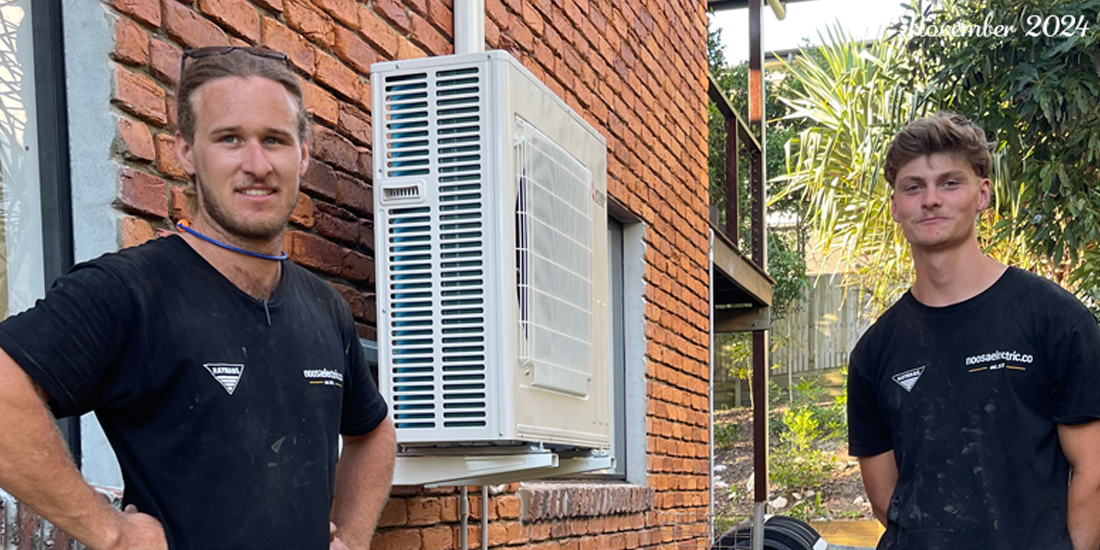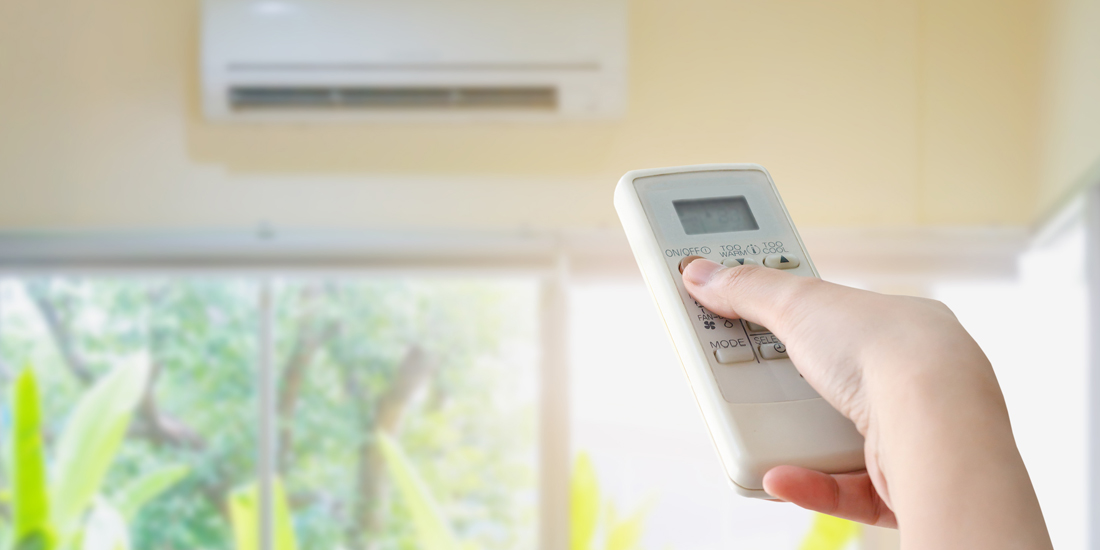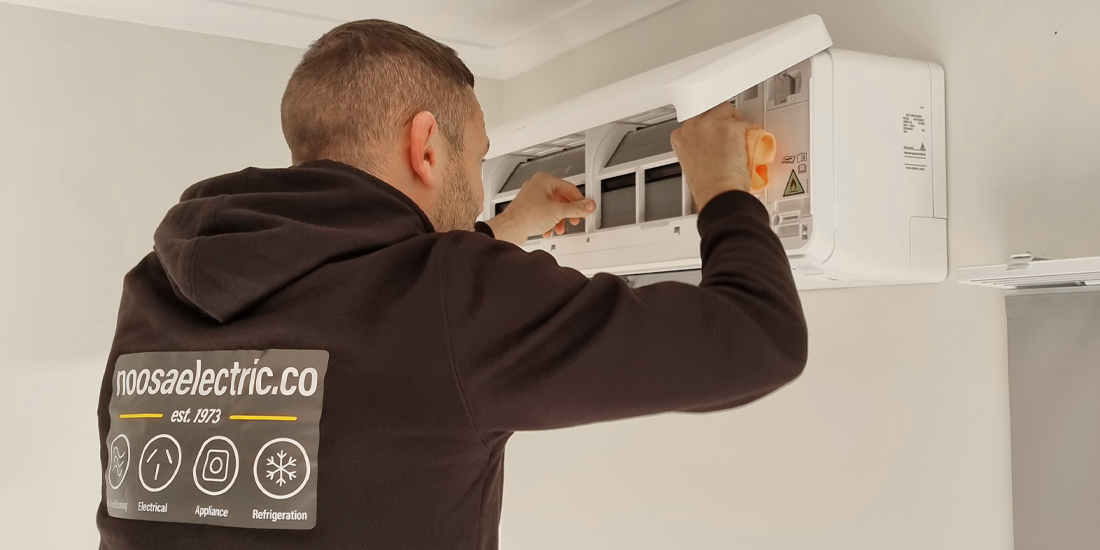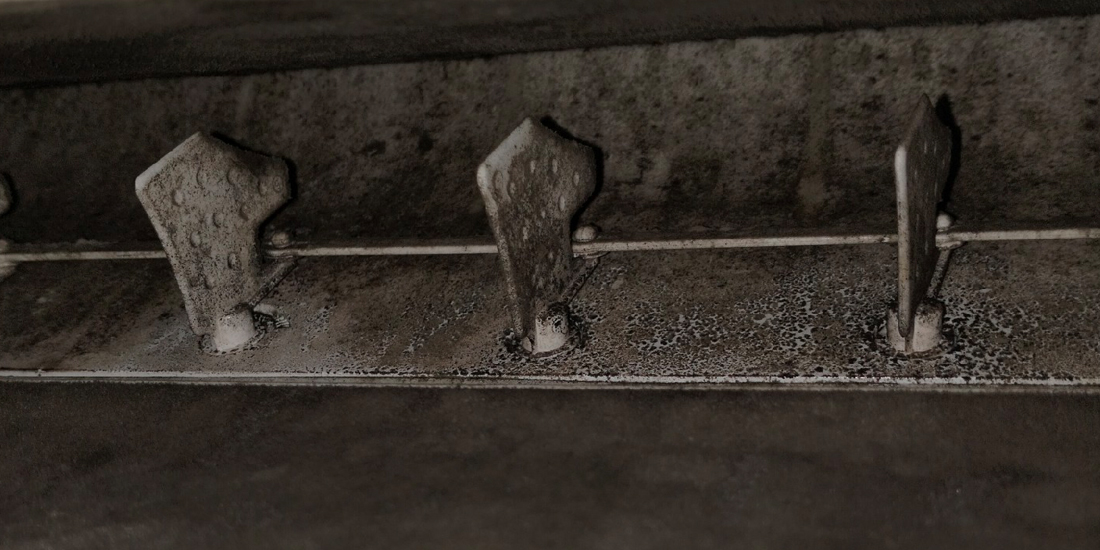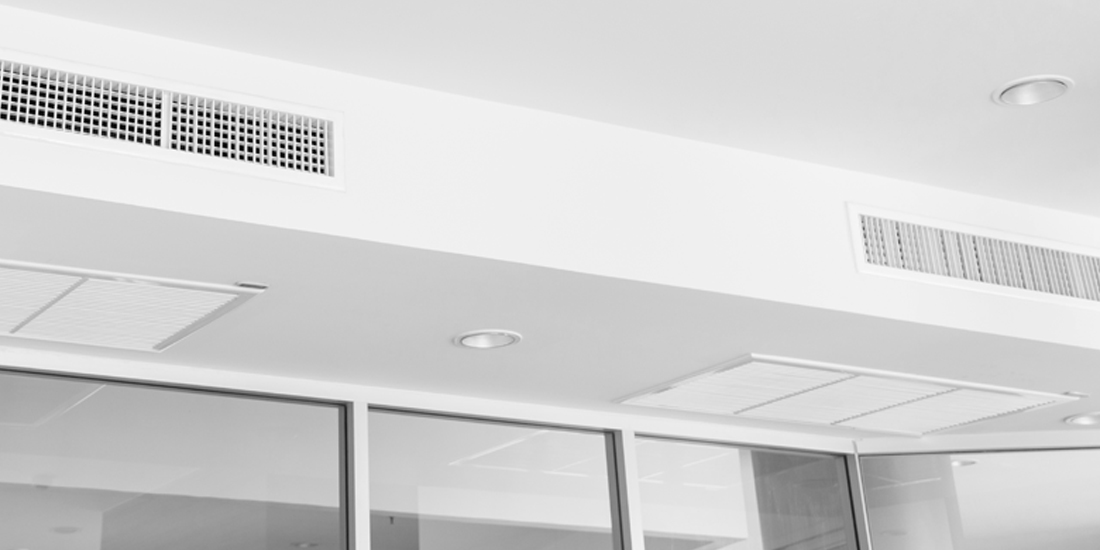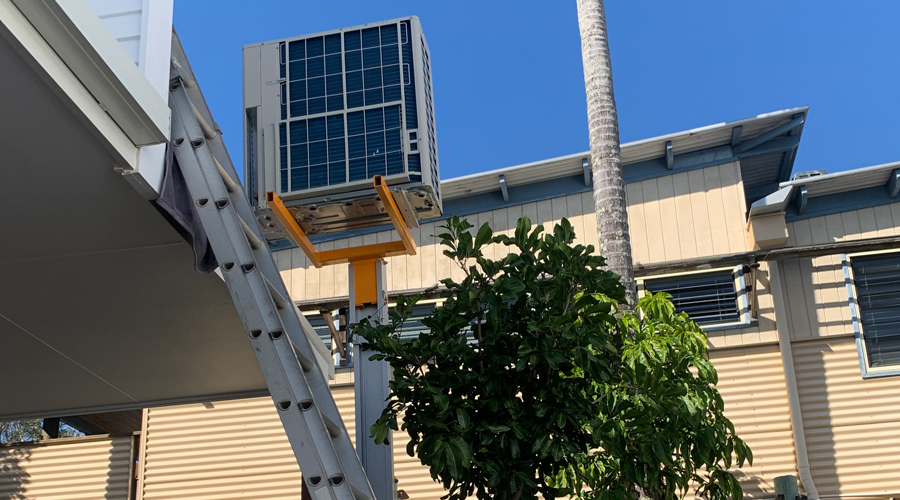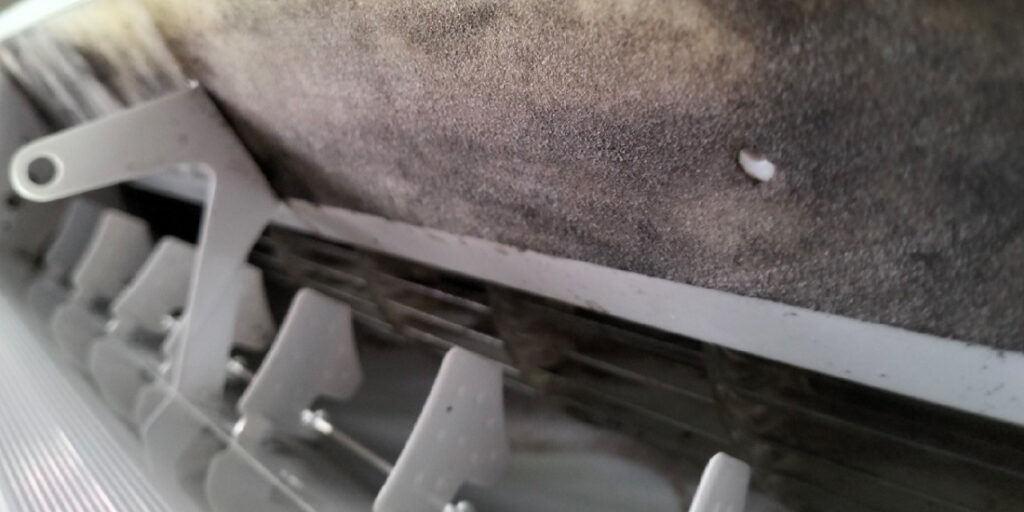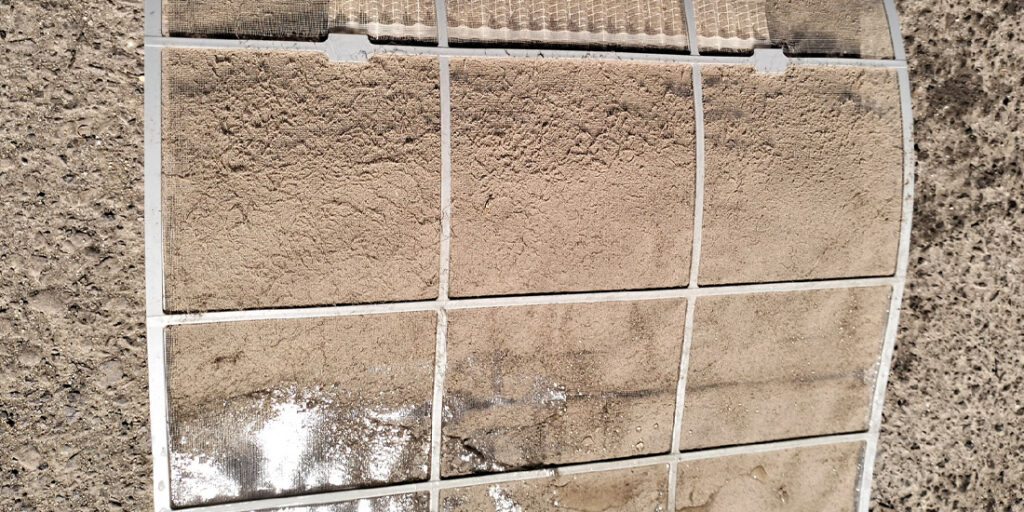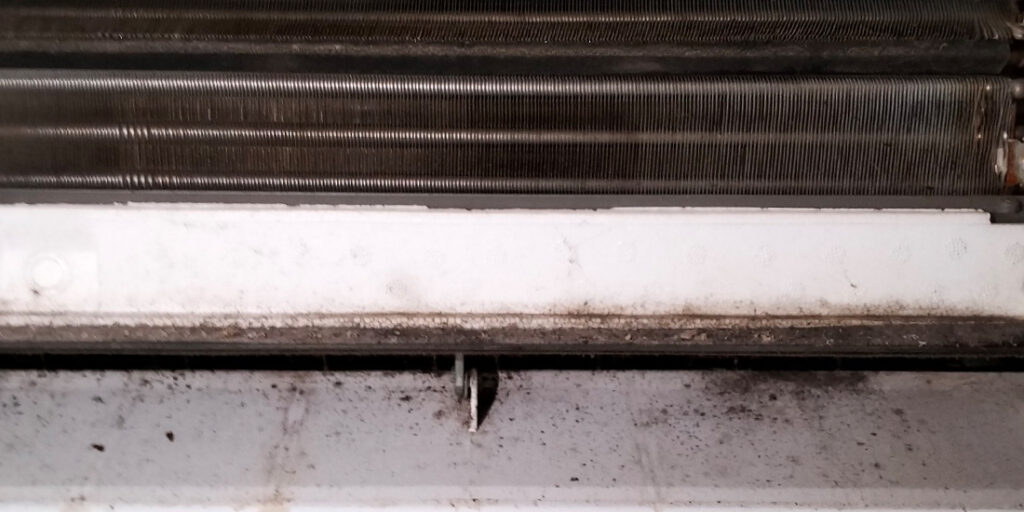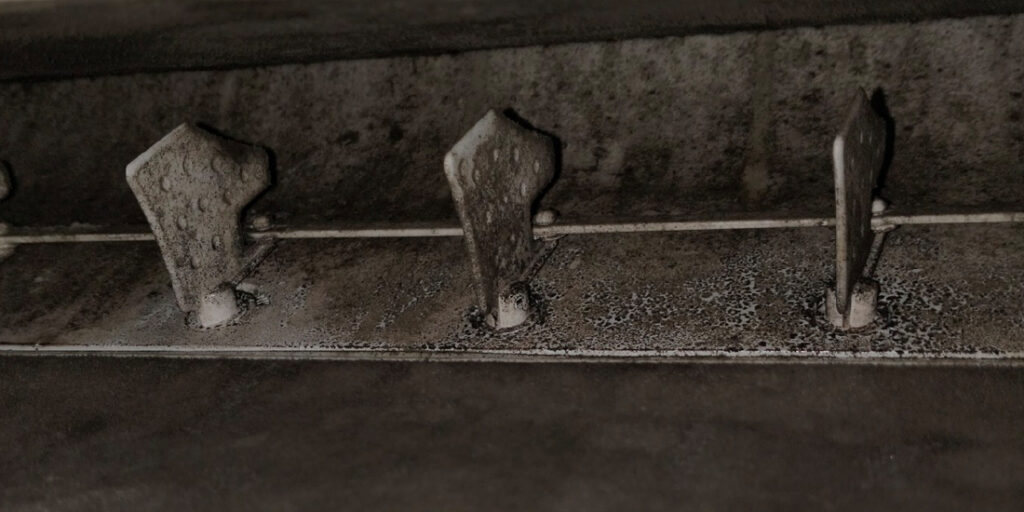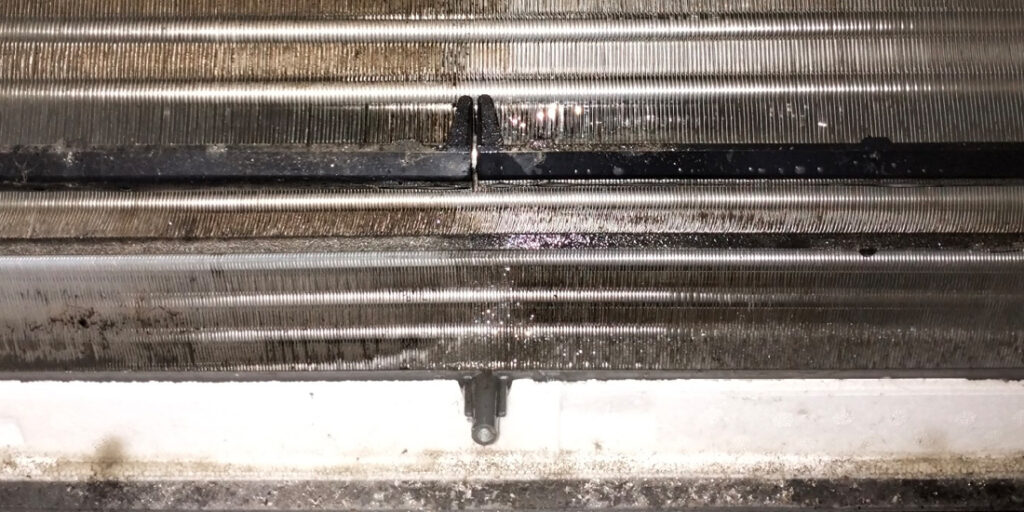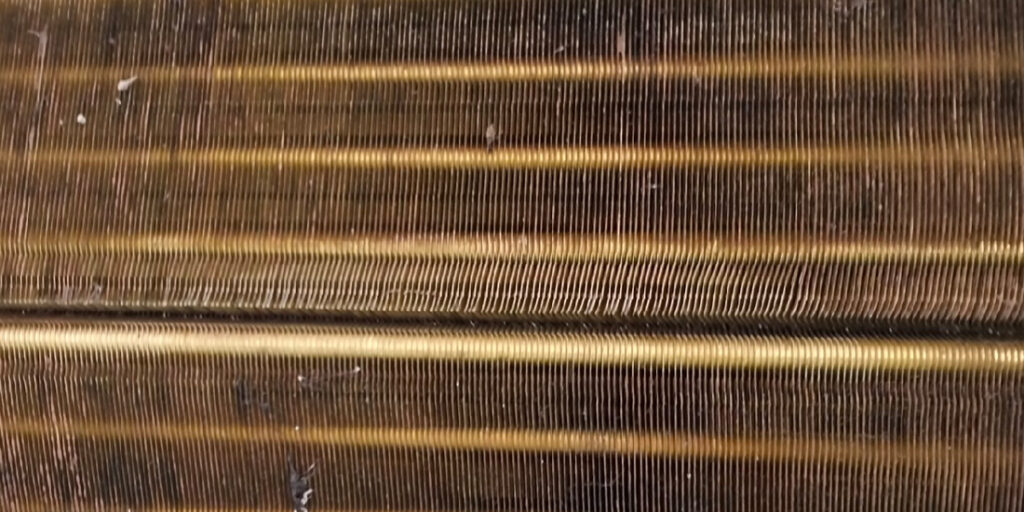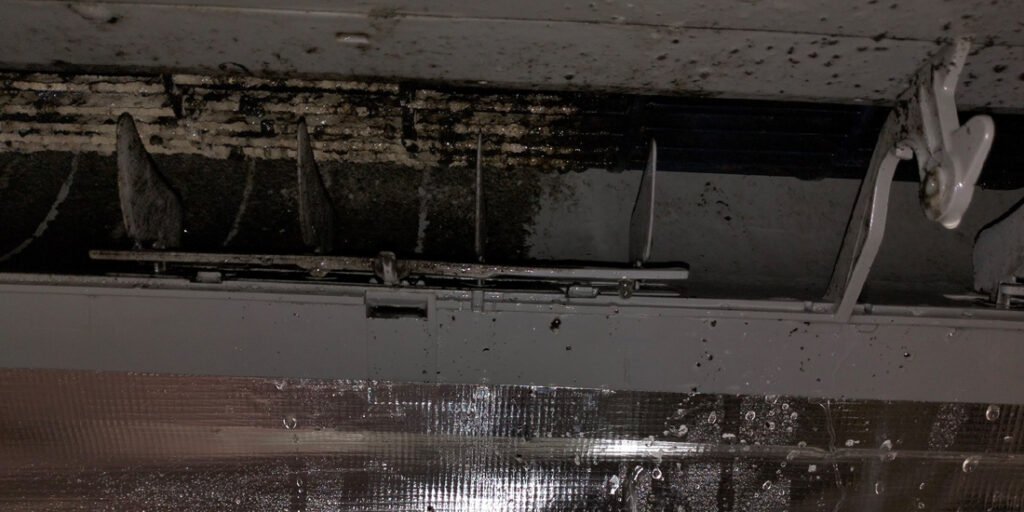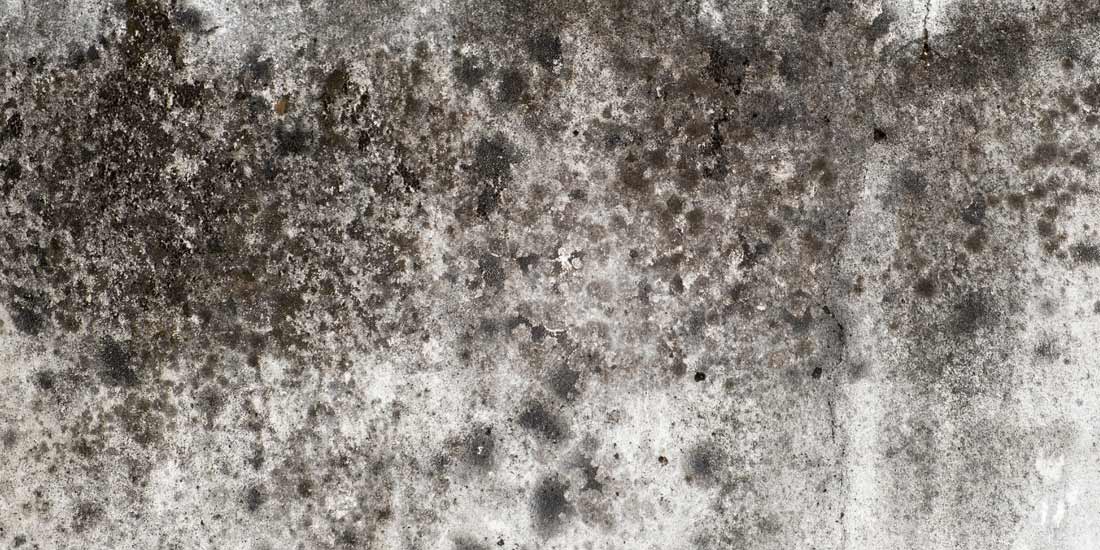
High humidity, especially in January to March on the Sunshine Coast, is the recipe for an unwanted household visitor: MOULD. Suddenly, it’s everywhere.. if you find mould in your home, rest assured – you’re not alone! In this brief article, we take a look at the mould situation. What is mould? What causes it? What are the health issues? And, most importantly, what can we do about it?
What is Mould?
Mould is part of a group of very common organisms called fungi that also include mushrooms and yeast. It is present virtually everywhere, both indoors and outdoors. There are many different types of mould, and they all have the potential to cause health problems. [SRC: health.nsw.gov.au]
What Causes Mould?
The presence of mould is caused by wet, dampness and a lack of ventilation. [SRC: ABC] This makes humid summers on the Sunshine Coast the perfect opportunity for mould to proliferate. Especially in periods of extended rainfall and high humidity, conditions are optimised for the growth of mould inside and outside the home.
What are the Health Issues with Mould?
In order to reproduce, mould produces tiny particles called spores. Spores are carried in the air and may cause health problems if inhaled by people who are sensitive or allergic to them. [SRC: health.nsw.gov.au] Examples of adverse health impacts include:
- Irritation of the eyes, nose, throat and skin
- Allergic reaction in people with a mould allergy (e.g. asthma flare-up or hay fever symptoms).
- Hypersensitivity pneumonitis—a rare lung disease where the lungs become inflamed due to an allergic reaction to certain inhaled substances (e.g. organic dust, fungus, mould or chemicals)
- Infection.
Most healthy people will not experience health problems from contact with mould, however the risk increases for people with:
- asthma, allergies or other respiratory conditions may be more sensitive to mould
- a health condition or undergoing medical treatment that lowers their immunity are more at risk of infection (e.g. cancer and its treatment, organ transplant recipients).
[SRC: worksafeqld.gov.au]
Ensuring Your Air-Conditioner Is Mould-Free
Because we work with air-conditioners, it’s important to point out that regular cleaning of your air-conditioner unit is essential for mould control. Air-conditioners circulate the air you breathe, so it’s essential to ensure that they are clean and free of mould. This is particularly important on the Sunshine Coast, where high humidity, especially after rain, sees an increase in AC usage. We provide a professional clean & service for your split system or ducted air-conditioner. We recommend this service at lease twice a year to ensure your system is running optimally.
Using Dry Mode to Reduce Humidity
Some ducted and split system air conditioning units offer a mode called ‘dry mode’. In addition to their capability to provide heating and cooling for your Sunshine Coast home, this mode can also be used to humidify, dehumidify, ventilate and purify the air. [SRC: Daikin] If you’re consider a new air-conditioner on the Sunshine Coast, it’s a great idea to assess prospective units for this mode. Learn more about new air-conditioners here.
How to Prevent Mould:
Mould is caused by wet, dampness, lack of ventilation and humidity. The trick to preventing mould, or inhibiting its growth, is to prevent these conditions from arising at home. This is easier said than done when it rains incessantly for 5 months; however utilising your air-conditioner or dehumidifier during these times can also be helpful. Here are some handy tips to prevent or inhibit mould at home:
- Allow sunlight into your home, as much as possible.
- Allow air to circulate. Open doors and windows.
- Where does your clothes dryer vent it’s air? If possible, arrange for it to vent outside, as this air can be very humid and if vented inside, can create mould-growing conditions.
- Clean wet areas of the home regularly.
- Wipe away any moisture you find, and try to keep the inside of the home dry.
- Dry and air damp clothes and shoes outside if possible.
- Clean carpets and rugs regularly using a HEPA (High Efficiency Particulate Filter) vacuum cleaner.
- Clean evaporation trays in air-coolers, dehumidifiers and refrigerators regularly.
- Don’t run evaporative air cooling systems with water during high humidity (over 65%). If the air feels humid, run the air cooler without water and open the windows.
- Allow space between furniture and walls so air can flow, particularly wardrobes.
- Don’t stack boxes or other items against outside walls, especially walls that don’t get a lot of sun.
- Place absorbent beads in affected rooms to soak up extra moisture. You can buy these at the supermarket.
[SRC: ABC]
How to Remove Mould
- Obtain personal protective equipment, including half-face disposable respirators with P1 or P2 filters, to avoid inhaling mould spores when cleaning. You’ll find these at hardware stores.
- Place drop sheets on the floor and exclude people from the affected area if they’re not performing the work.
- Get 2 buckets: 1 for cleaning solution and 1 for clean water.
- Wipe the area clean with a microfibre cloth and cleaning solution. Don’t put dirty cloths back in the solution; rinse them in the clean water to avoid cross-contamination.
- After cleaning the area with the solution, wipe the surface with a damp cloth. Use a different cloth to the one you used with the solution.
- Wipe the surface dry with a clean cloth.
[SRC: qld.gov.au]
Making Mould Remover
Here are some tips for removing mould from qld.gov.au. They’re particularly useful because they include different options, so depending on what you have in the kitchen, you may not need to go shopping to get started.
Remove mould using a suitable mould remover, such as:
- a solution of 3 parts vinegar and 2 parts water
- a solution of 70% methylated spirits and 30% water
- a solution of tea tree oil and water
- commercial products from the supermarket. Follow the safety instructions to protect your eyes and skin.
Mould Removal Tips
Why shouldn’t I clean mould with a dry brush or broom?
This could release spores into the air, which may cause adverse health affects and spread mould to other areas. [SRC: qld.gov.au]
Why shouldn’t I clean mould with bleach?
Using bleach is not recommended because it’s not an effective mould killer. However, bleach will help to eliminate other disease-causing organisms that may be present because of contaminated floodwaters. [SRC: qld.gov.au]
Why should I keep changing cloths when cleaning mould?
Always use a different cloth with each process and throw them away after, or the mould spores will spread and mould will reappear. [SRC: qld.gov.au]
Why should I wear personal protective equipment when cleaning mould?
Our immune system does not like mould. It is not meant to be breathed into our lungs. [SRC: qld.gov.au]
Further Reading
NECO Insights: Common Air-Conditioner Installation Problems
In this article, we explore some of the problems that can arise with an air-conditioner installation, and how our team will help you to avoid them.
Continue Reading NECO Insights: Common Air-Conditioner Installation Problems
Help! My Air-Conditioner is Leaking!
You glance up and realise, to your horror, that your beloved cooling machine has sprung a leak. Panic sets in. What’s happening? Will it flood your entire house?
Bulkhead Vs Split System AC – What’s the Difference?
Learn about the differences between bulkhead and split system air-conditioning solutions with Noosa Electric Co on the Sunshine Coast QLD.
Continue Reading Bulkhead Vs Split System AC – What’s the Difference?
When is the Best Time of Year to Clean my Air-Conditioner?
Have you ever wondered when the best time of year to clean your AC might be? Find out in this article!
Continue Reading When is the Best Time of Year to Clean my Air-Conditioner?
Why Air-Conditioners Should Be Cleaned
Why Air-Conditioners Should Be Cleaned Air-Conditioners need to be cleaned on a regular basis. The benefits of regular cleaning include health, efficiency of operation, and longevity of the unit. In this brief article, we expand on this to explain why regular cleaning is essential, and provide some (pretty unpleasant) images of air-conditioners which we have…
Understanding Different Types of Air-Conditioners
Familiarise yourself with different types of air-conditioners, and find out what’s best for your home or business.
Continue Reading Understanding Different Types of Air-Conditioners

